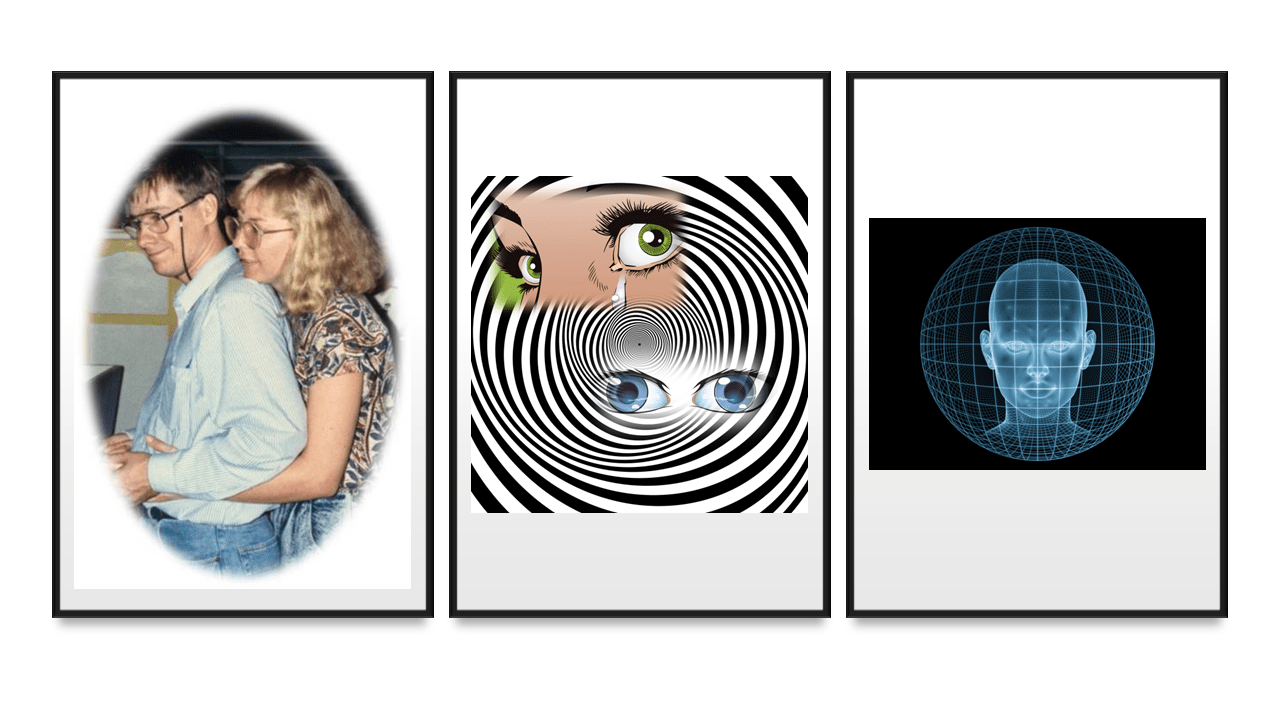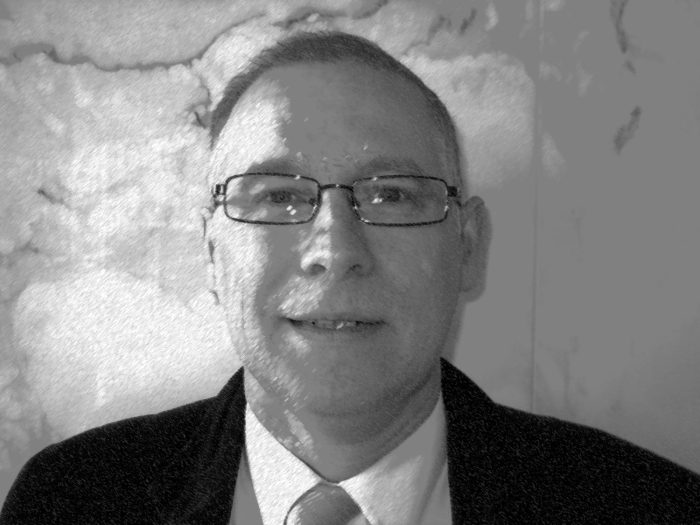“Is that really you, Ruth.” I was really feeling her hand on the side of my face, and my finger held in her other hand, as her alive body snugged against my bum, lying on the bed.
A dream. A dream very deep in the prefrontal cortex, and after a night of heavy drinking – red wine and scotch – and pizza, cheese bread, ice cream, and vanilla yogurt ! I awoke in reality. Ruth was not there, but, in the dream, it was as real as real.
The cost to my health for the reward of recovering a memory – a small joy in my miserable life without Ruth. Was I recalling a past, however? An actual, event? Can I say the dream was personal history? There are several problems here, and I am still amazed that the average person still thinks that memory and history is the recall of the past simpler. It is maddening to think how uneducated the population is on basic ideas.
I understand, for what is happening, starts from my reading of Edmund Husserl. In his view we can uncover consciousness without any preconceived intellectual framework. Phenomenology is the study in the structures of experience and consciousness – in my view, both the very same reference, and, for Husserl, it is a form of pure self-refection (consciousness in Husserl’s vocabulary):- devoid of the impressions from the pre-established structures. The phenomenon is only then structured as the description and explanation from pure self-reflection. Martin Heidegger followed Husserl’s method but rejected the view that human intellectual prejudice can be removed (‘bracketed’ in Husserl’s vocabulary). Heidegger became the investigator on the phenomenology of ‘Dasein’, a term for the type of being that humans possess. There is a dynamic relationship in the dreaming between the pure phenomena of a brain in drift and the concepts, something that is structured in ‘pre-thought thought’.
It was not until the late 20th century that memory was investigated beyond the view of ‘the recall of the past’: beyond the phenomenology of Marcel Proust’s In Search of Lost Time (1913–1927). The literature is now voluminous, and a few references can be made. Casey (1976) reminded the reader that that there are different mental states (or activities) in both sleeping and waking hours: imagination, memory, hallucination, and fantasy. Payne (1997) goes one step further and explores the characteristics of illusions and ‘false memory’.
In my own self-examination, my thoughts are so mixed with falseness, illusions, imagination, memory, hallucination, and fantasy. Each word, although overlaps in the analysis, has a distinct semantic according to the context. So, do not offer up your moralistic-fundamentalist bullshit. It is true, however, that I must stop my own illusions about my alcohol consumption, bad eating habits, and unfilled good intentions for exercise. I am fallibly doing something about it: regular sessions with the exercise therapist, and dry periods. At least I tend to drink with meals and not to deliberately get drunk. The issue is, rather, the cycle of eating-drinking as a habit of comfort. Hence, the issues are psychology, as much physiological. Retreating to the bedroom for dinner, rather than a sociable dining room table, because of a household in anxiety. On top of anxiety is the depression. No one to have a sociable meal with anymore. Ruth died. No one to sleep with. Ruth died.
As I reflect on my existence and the essence in the becoming, thought is mixed as with falseness, illusions, imagination, memory, hallucination, and fantasy. How could it be otherwise? This is the truth of my existence.
Image: Dreaming and realities: Thinking about illusions, imagination, memory, hallucination, and fantasy. © Dr Neville Buch 2022.
REFERENCES
Casey, E. S. (1976). Comparative Phenomenology of Mental Activity: Memory, Hallucination, and Fantasy Contrasted with Imagination. Research in Phenomenology, 6, 1–25. http://www.jstor.org/stable/24658627
Heidegger, Martin (1927, English version 1962). Being and Time, Blackwell Publishing.
Husserl, Edmund (1913, English version 1983). Ideas Pertaining to a Pure Phenomenology and to a Phenomenological Philosophy. First Book, General Introduction to a Pure Phenomenology, Kluwer Academic Publishers.
Payne, David G., et al. “Compelling Memory Illusions: The Qualitative Characteristics of False Memories.” Current Directions in Psychological Science, vol. 6, no. 3, 1997, pp. 56–60. JSTOR, http://www.jstor.org/stable/20182448. Accessed 27 Aug. 2022.


